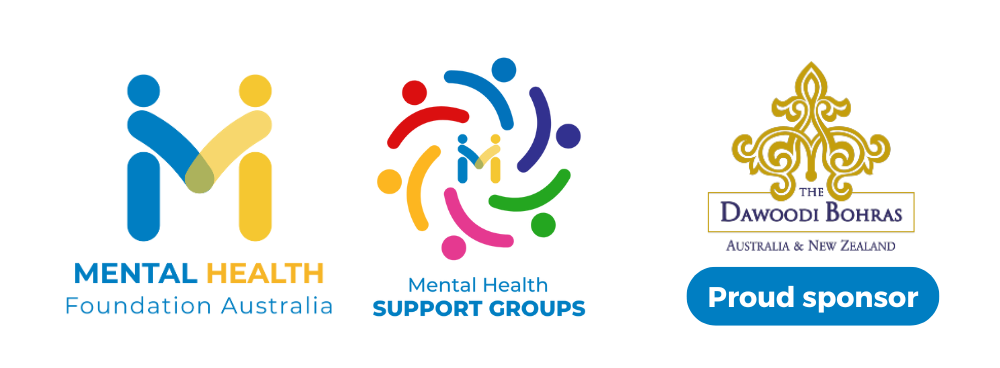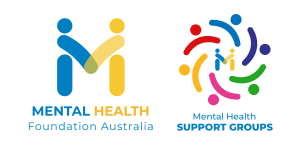OCD Support Group
The aim of this group is to support attendees with their wellbeing, promote connectedness, and reduce isolation. The support group provides the participants with guidance and advice about mental health, self-care and a safe space to share their concerns and challenges. Carers need to email support.group@mhfa.org.au to check their suitability to attend group meeting.
Each MHFA Support Group is free.
Face-to-Face
OCD Support Group
Schedule
Every 2nd Tuesday of the month
6:30pm - 8:00pm (Melbourne Time) Mental Health Foundation Australia
How to get there?
Face-to-Face sessions are conducted at the Mental Health Foundation Australia located at G1, 10 Yarra Street, South Yarra VIC 3141.
If you plan to attend in-person, public transport is the easiest way to access the Wellness Hub. Private parking is available in the area- please be aware of closing times.
Online
OCD Support Group
Schedule
Every 3rd Tuesday of the month
6:30pm - 8:00pm (Melbourne Time)
Online session via Zoom
How to attend a online session?
Online sessions are conducted on Zoom.
Meeting Link: https://us02web.zoom.us/j/89751656562?pwd=KHtpIJt0PQGKMco6Ge2P1ki7cayCLW.1
Meeting ID: 897 5165 6562 Passcode: 902780
Trouble accessing Zoom?
Click here
Our online groups are available to you from anywhere and everywhere, wherever you are in the world.
Troubleshooting tips for Online Meetings:
- If you are having trouble connecting you could try clearing your browser cache.
- There are instructions for this for Chrome, Firefox, Edge and Safari.
- You could also try restarting the Zoom app on your computer or mobile device.
- Zoom do offer some technical support with a knowledge base and customer support.
Unfortunately the MHFA can do very little to assist with connection issues as Zoom is a 3rd party application and out of our control.
About OCD



